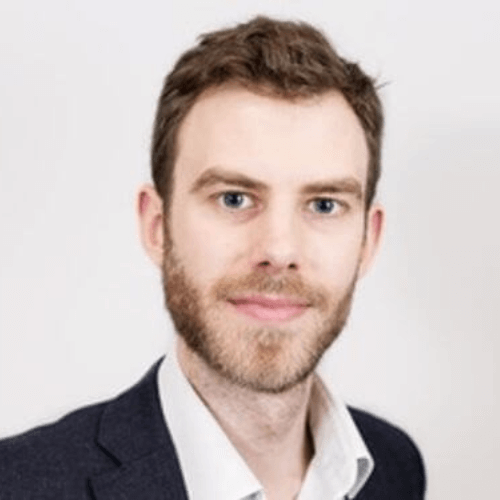Globally, one in 10 people do not have access to clean drinking water, and over 2000 people die from a diarrheal disease caused by bacteria every day. Current water testing systems are complex, require considerable training and are prone to human error.
WaterScope, a Cambridge-based spin-out, has developed an easy-to-use, bacterial testing system. The technology enables anyone to rapidly conduct a test and has been designed for increased accessibility in low-resource areas that cannot easily access labs for testing.
WaterScope’s technology uses a disposable cartridge that automates sample collection and processing, while guaranteeing the integrity of a test. It allows anyone to carry out a test without extensive training. The cartridge includes a portable microscope that can count bacterial colonies as they grow inside. The microscope automatically uploads results to a database for mapping, dissemination and cross-checking.

NGOs and governments conduct between five to ten million tests per year in the developing world and demand is expected to increase. WaterScope’s solution will allow more tests at a faster rate. Depending on the level of contamination, it can identify bacterial presence in under six hours, four times faster than current methods.
Dr Alexander Patto, Co-Founder and former CEO, led the team in developing the technology and conducting field trials to demonstrate its effectiveness. Supported by Oxfam and Unicef, WaterScope has carried out field trials in India and Tanzania to gather user feedback to inform design.
The technology has the potential to impact the developed world too. WaterScope is exploring how its solution could be a cost-effective alternative for water testing and field work in Europe where large bacterial testing laboratories carry out over 500 tests a day on a variety of water sources, including sewage and drinking water.
Dr Patto was awarded a 2018 Enterprise Fellowship to support him to lead WaterScope in finalising its product design and starting small scale manufacturing.
